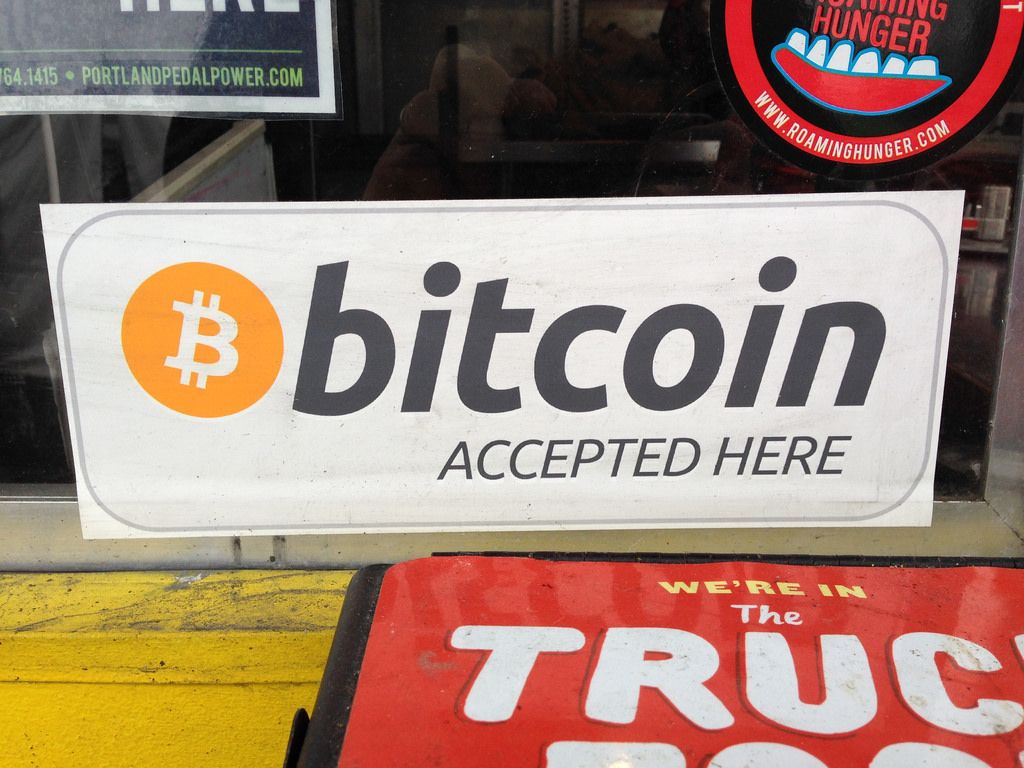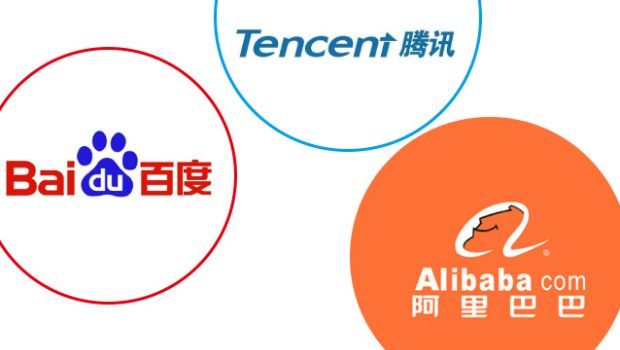Recent Focus on ICOs in Asia
In recent months, Asia has taken a leading role in the rapid rise in popularity in ICOs, paralleling its rise as a leader in the cryptocurrency industry, particularly through the markets of China, Singapore, Japan, and South Korea. Currently, China and South Korea are the largest Ethereum exchange markets globally, and Japan also hosts one of the world’s largest cryptocurrency exchanges. Singapore has a friendly regulatory environment for fintech companies, with a regulatory sandbox in place as well as measures that promote fintech development.
While many fintech followers may have become more generally aware of ICOs as a whole in recent weeks, the specific details of companies offering ICOs may be difficult to find. This is in part due to the lack of information that companies disclose at the time of ICOs, and can also be attributed to the fact that many companies do not have working proof of concepts at the time of their ICO either. Currently open ICOs originating from Asia include FundYourselfNow and Starta in Singapore, with both scheduled to close at the end of July or beginning of August.
Recent examples of Chinese ICOs include ASCH and Ark, both of which held ICOs in late 2016, raising 2000 BTC and 93,750,000 RMB, respectively. In addition, the Singapore-based TenX was also able to raise over 245,000 ETH, or around US $80 million, with its early 2017 ICO, and Hong Kong-based openANX followed with an ICO that raised US $15 million in 3 hours in late June 2017. Omise, a Thailand-based company, closed a US $25 million ICO in early July, which was significant in that Omise is a more well-established fintech company. Currently an online payment enabler, Omise plans to use its ICO funds to develop a decentralized payment platform of its own. This ICO was also significant in that it was capped at $25 million instead of having a set amount of time in which to raise unlimited amounts of money, which reduces investor speculation and risk.
China Looks to Balance Investor and Regulator Interests
In addition, Chinese investors make up a large portion of those interested in investing in ICOs. With GDP growth in some areas outstripping CPI growth, many Chinese citizens are realizing that they can maintain their lifestyles while investing disposable income into new investment vehicles. Combined with a rising interest in fintech led by the BAT companies (Baidu, Alibaba, Tencent), China seems primed to capitalize on the sudden influx of ICOs.
As with other recent, rapid fintech developments, ICOs come with higher risk than more traditional investment methods do. After a massive P2P lending scandal rocked the fintech industry in late 2015, Chinese regulators have been more cautious about fraudulent schemes designed to defraud investors. Cryptocurrency exchanges have been warned about hosting fraudulent token sales, while organizers and investors of illegal ICOs within China may face harsh legal consequences.
In the next commentary, we will explore Chinese regulators’ potential steps to regulate ICOs within China, and the potential challenges and impact that these regulations may have.
